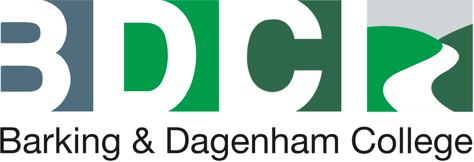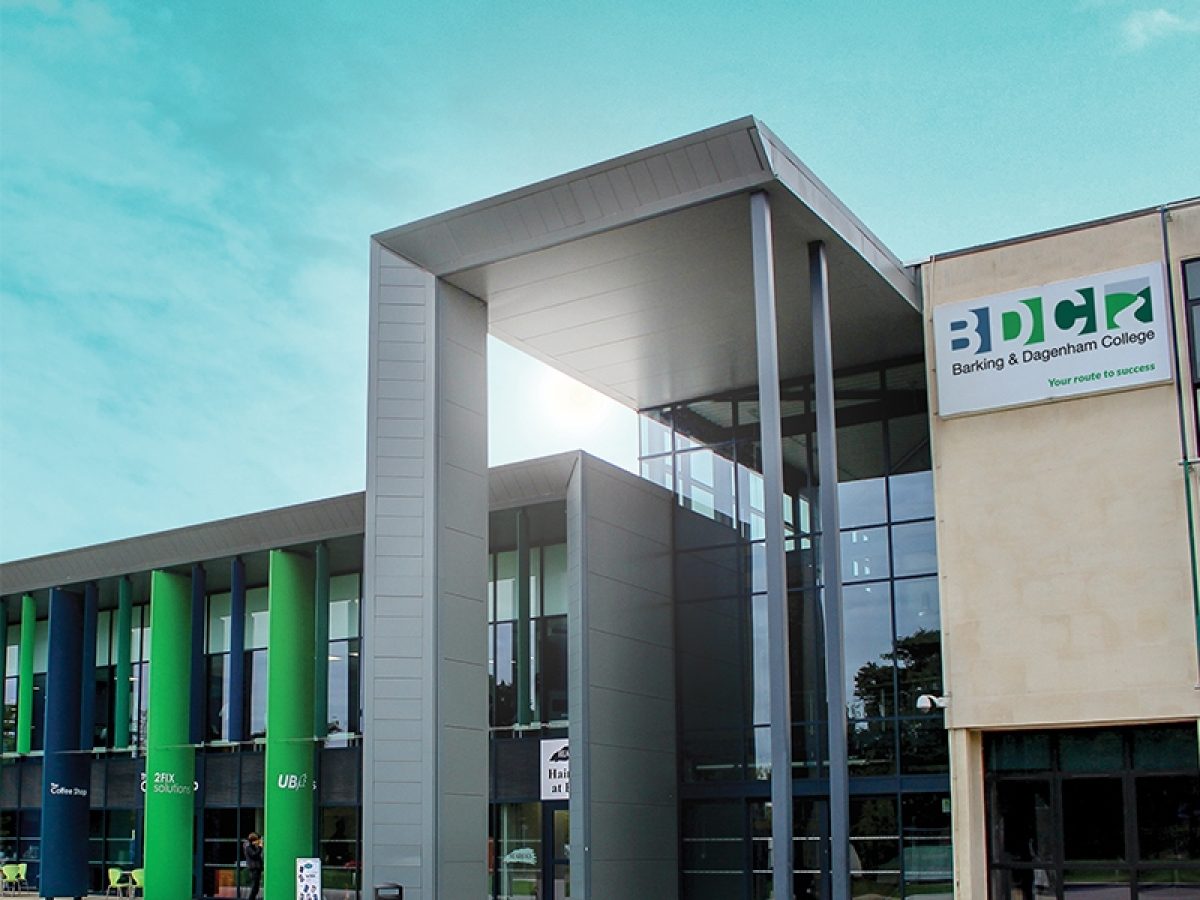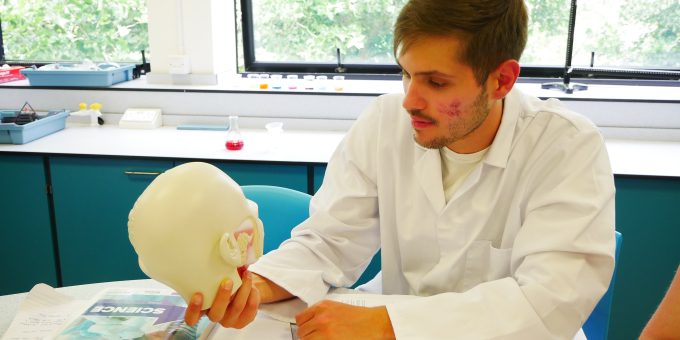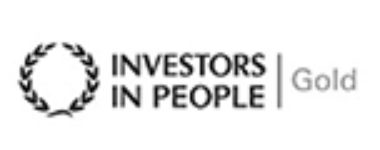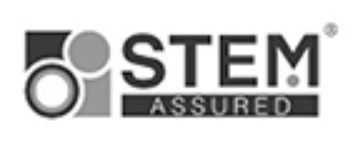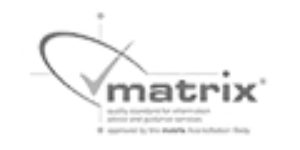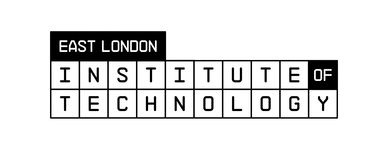Our computing program bridges industry-ready skills and academic pathways to ensure your career success.
This course is assigned HTQ, Higher Technical Qualification status and is accredited by the University of Greenwich.
This course is designed to help and prepare you professionally for the working field but also is suited for those who want to further their study in computing. A key strength of the course lies in its diverse curriculum that covers a broad spectrum of computing disciplines. You will have the opportunity to explore and specialise in areas such as programming, networking, and cybersecurity, as well as problem-solving, critical thinking, and teamwork ensuring a well-rounded educational experience that is closely tied to current industry demands.The HND in Computing stands out for its industry-oriented curriculum, which is designed to bridge the gap between academic learning and the practical application of computing skills in the workplace. This focus on real-world briefs ensures that you are well-prepared for your next role in the computing industry. The course focuses on your professional development and offers pathways to various professional roles, laying a strong foundation for career progress in the computing sector. It is also structured to facilitate further academic journeys, providing an easy transition to degree-level studies for those who want to obtain an undergraduate degree.
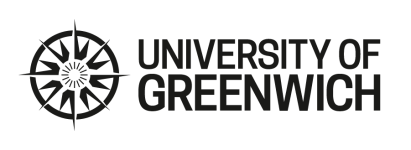
Year 1
Students are required to study the following compulsory modules.
- Unit 1 Programming (15 credits)
- Unit 2 Networking (15 credits)
- Unit 3 Professional Practice (15 credits)
- Unit 4 Database Design & Development (15 credits)
- Unit 5 Security (15 credits)
- Unit 6 Planning a Computing Project (15 credits)
- Unit 7 Software Development Lifecycles (15 credits)
- Unit 14 Maths for Computing (15 credits)
Year 2
Students are required to study the following compulsory modules.
- Unit 16 Computing Research Project (30 credits)
- Unit 17 Business Process Support (15 credits)
- Unit 19 Data Structures and Algorithms (15 credits)
- Unit 22 Application Development (15 credits)
- Unit 26 Big Data Analytics and Visualisation (15 credits)
- Unit 28 Cloud Computing (15 credits)
- Unit 50 Operating Systems (15 credits)
Students are assessed through a combination of assessment methods depending on the modules chosen. This is typically 94% coursework and 6% examinations.
You can view how each module is assessed within our 'What you will learn' section.
Each course has formal assessments which count towards your grade. Some courses may also include 'practice' assignments, which help you monitor progress and do not count towards your final grade.
Feedback summary
University policy is to give feedback on assignments within 15 working days of the coursework submission date. Examination results will be available within 28 days.
Dates and timetables
The academic year runs from September to June.
Full teaching timetables are not usually available until term has started.
The following data is based on the compulsory modules for this programme.*
* Compiled from modules taught on 2023-2024 courses.
Teaching
In a typical week learning takes place through a combination of:
30% Classroom
70% independent study
You can view more information about how each module is taught within our 'What you will learn' section.
Seminars and workshops enable you to discuss and develop your understanding of topics covered in lectures in smaller groups. You will also be able to meet your personal tutor. Timetabled learning may fall between 9am and 9pm depending on your courses and tutorials.
Class sizes
We are proud of our approach to supporting learners within small groups so that no-one feels lost or isolated. We generally host learning in classes no bigger than 40. Teaching and learning will include traditional lectures and talks, small group tutorials, and practical workshops facilitated by our teaching team. Masterclasses will also be part of the learning where industry experts share their experience within their own real-world contexts, preparing the students for their future careers.
Overall workload
If you are studying full-time, you should expect the workload to be similar to a full-time job. For part-time students, this will reduce in proportion with the number of courses you are studying.
Each module you study towards this degree is worth 15 or 30 credits. These represent around 150 or 300 study hours respectively. If you receive 100 contact hours for a 30-credit module, you should expect to commit 200 hours to independent study to complete it successfully.
64 UCAS Tariff points which must include one of the following:
- A Level: demonstrable strong performance in a relevant subject.
- BTEC National: Diploma/Extended Diploma in a relevant subject, such as, Computing
- A Level and BTEC National: Diploma/Extended Certificate in Computing and an A level.
- Access to Higher Education Diploma: Science.
- In addition, you will need: 5 GCSEs including GCSE Mathematics, GCSE English Language/Literature and GCSE Science all at grade 4/C. Equivalent qualifications may be considered.
Applicants who do not have the above may be considered on a case-by-case basis provided they possess appropriate work experience. In such cases, applicants will need to participate in an interview.
This course is not open to international applicants.
Graduates of the HND can pursue a wide range of careers in the technology sector, thanks to the comprehensive and versatile nature of the curriculum.
The course equips students with a solid foundation in computing principles, combined with practical skills that are highly valued in the tech industry. Here are some potential career paths:
- IT Support Technician
- Network Administrator
- Software Developer
- Web Developer
- Database Administrator
- Cybersecurity Analyst
- Systems Analyst
- Cloud Solutions Specialist
- Data Analyst
- Mobile Application Developer
